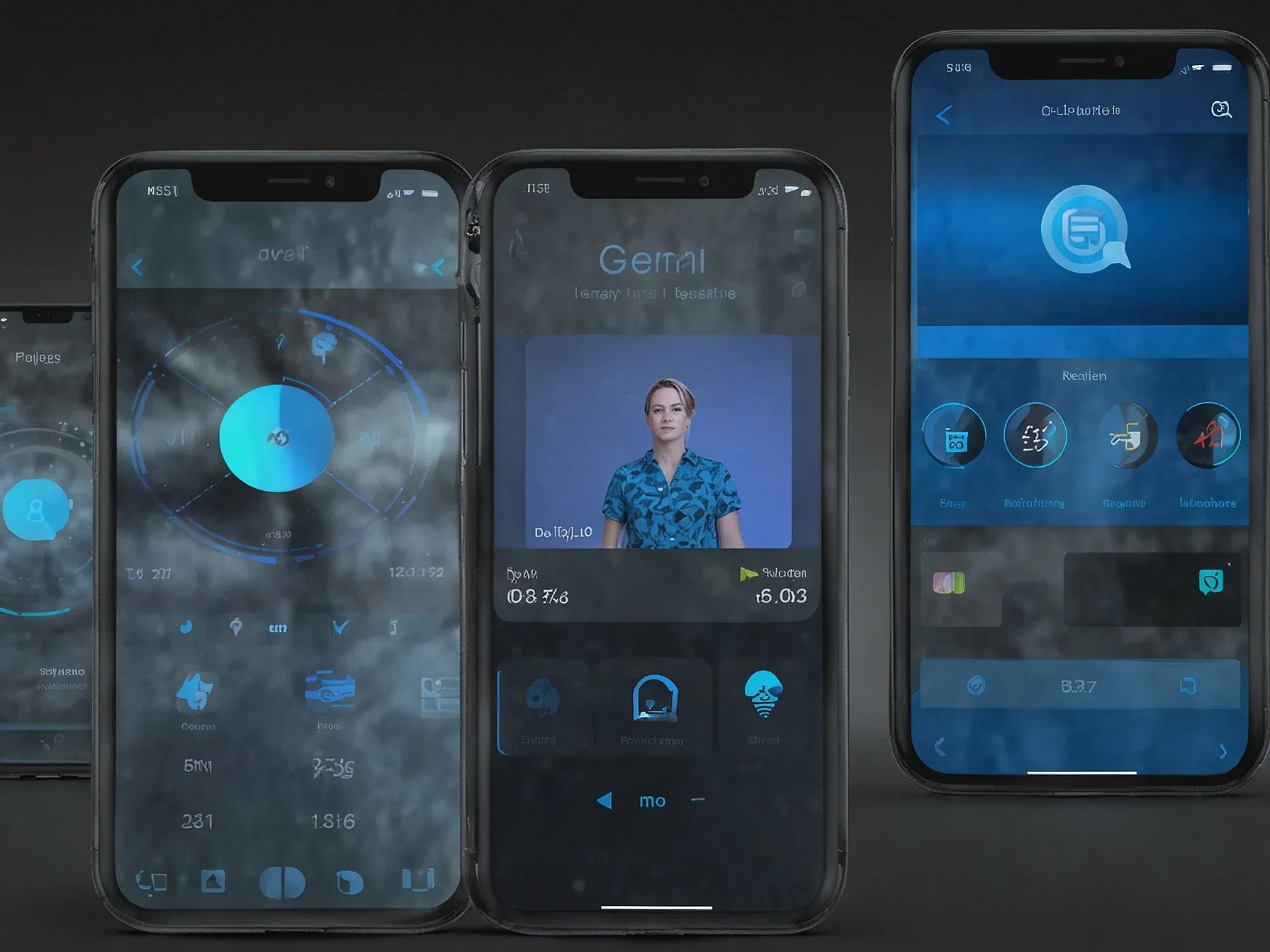
Editorial illustration for Google's Antigravity IDE Sparks Developer Controversy and Coding Tool Debate
Google's Antigravity IDE Sparks Developer Controversy
Developers Clash Over Google’s Cursor Killer Antigravity IDE Amid Hype
The coding world just got another shake-up. Google's latest project, Antigravity IDE, is triggering heated debates among developers who are simultaneously intrigued and exhausted by emerging AI coding tools.
Software engineering circles are buzzing with mixed reactions to the new integrated development environment. Some see potential for revolutionary workflow improvements, while others view it as yet another overhyped experiment in an increasingly crowded market.
The tension isn't just about features. It's about trust, reliability, and whether AI can genuinely transform how developers write code. Antigravity promises autonomous software task execution, but the industry has heard similar claims before.
Early discussions suggest this isn't just another incremental update. Developers are closely watching how Google will differentiate Antigravity from existing tools, especially given the growing skepticism around half-finished AI coding solutions.
Will this be a genuine breakthrough or just another fleeting technology trend? The coding community remains divided, with passionate arguments erupting in forums and social media.
The company is trying to land its agentic IDE into a space packed with hype, skepticism, forking drama and an audience tired of experimenting with half-finished tools. Antigravity allows agents to "autonomously plan and execute complex, end-to-end software tasks" with direct access to an editor, terminal and browser. It comes with Gemini 3, which is already ruling a ton of hearts amongst creators and developers in Cursor, GitHub and Replit.
Out in the open, opinion on Antigravity 📣 Want to advertise in AIM? Book here Mohit Pandey Mohit writes about AI in simple, explainable, and often funny words. He's especially passionate about chatting with those building AI for Bharat, with the occasional detour into AGI.
Related Posts Why Developers are Fighting Over Google's Cursor Killer Antigravity 'Impossible Just Takes Longer,' Says StoneX Group Inc's Relentless Super Coder CTO Levine holds the number one spot on HackerEarth, with a focus on mathematics and algorithms. He sees patterns long before Arattai is Getting Better. From 1.36 crore downloads in October, Arattai fell to just two lakh downloads in November.
We Need More Polymath Engineers And organisations need to pave the way for that. BharatGPT & Neysa Lay Out India's Strong Push for AI Independence "50,000 developers, researchers and enterprises have used BharatGPT and created thousands of AI agents." The Internet is Breaking.
Google's Antigravity IDE lands in a crowded development landscape fraught with tension. The tool promises autonomous software task execution, but enters an ecosystem already saturated with experimental coding platforms.
Developers seem divided, oscillating between curiosity and skepticism. The IDE's integration with Gemini 3 might attract some creators, yet the market appears weary of half-finished technological experiments.
Cursor, GitHub, and Replit users will likely scrutinize Antigravity's capabilities closely. Its ability to autonomously plan and execute complex software tasks could be compelling - or just another overhyped development tool.
The real test will be whether Antigravity can overcome developer fatigue. Technical communities are notoriously critical, and this IDE will need to demonstrate substantial utility beyond mere novelty.
With direct access to an editor, terminal, and browser, Antigravity presents an intriguing proposition. But in a space packed with competing technologies, standing out requires more than impressive technical specifications.
Ultimately, developers will vote with their workflows and adoption rates. The jury is still out on whether Antigravity will revolutionize coding or become another footnote in the rapidly evolving development tool landscape.
Further Reading
- Google Antigravity AI Disaster: Agent Wipes D Drive—A Wake-Up Call for AI Development - Vertu
- An Honest Review of Google Antigravity - DEV Community
- Google Antigravity 2025 Honest IDE Review Bugs + Potential - Webscraft
- Anti-Gravity IDE - Become much worse since upgrade to Business Ultra - Google AI Dev Forum
Common Questions Answered
How does Google's Antigravity IDE differ from existing development tools?
Antigravity IDE introduces autonomous agent capabilities that can plan and execute complex software tasks directly within the development environment. The tool provides direct access to an editor, terminal, and browser, allowing for more integrated and intelligent coding workflows.
What role does Gemini 3 play in the Antigravity IDE ecosystem?
Gemini 3 is integrated into the Antigravity IDE, serving as a powerful AI companion for developers working on the platform. The AI technology is already gaining popularity among creators and developers on platforms like Cursor, GitHub, and Replit.
Why are developers showing mixed reactions to the Antigravity IDE?
Developers are torn between curiosity about the IDE's autonomous task execution capabilities and skepticism about yet another experimental coding tool. The market is becoming saturated with AI-driven development platforms, leading to fatigue and cautious evaluation of new technologies.








